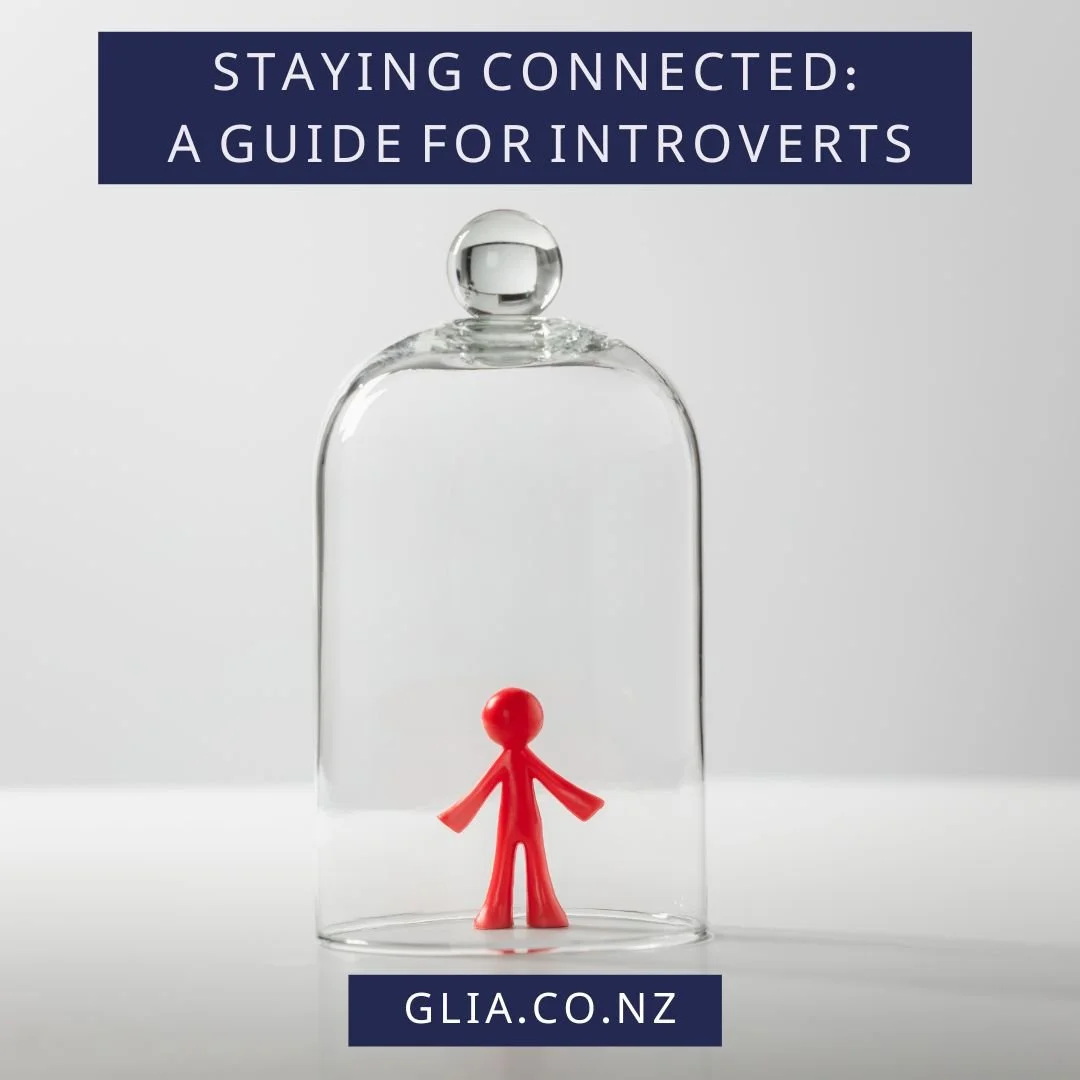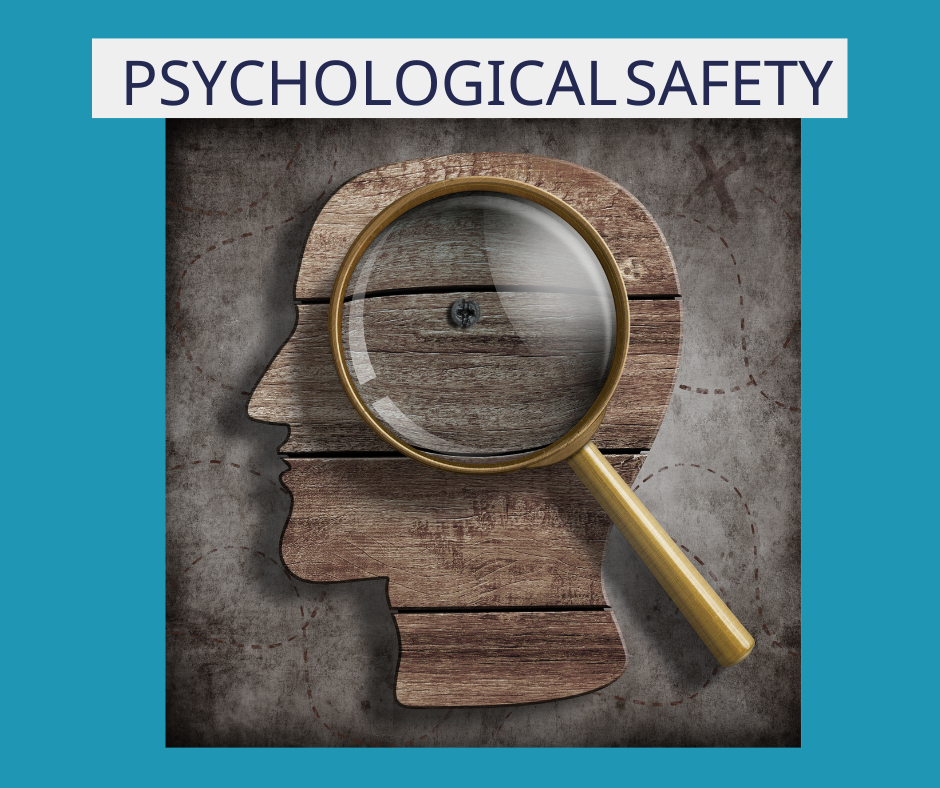Content warning: Please be aware that this blog refers to various types of loss and emotions surrounding loss. It may not be suitable for you if you have suffered a loss and/or are feeling sensitive at this time. Please take care when reading.
What is Psychological Health at Work?
How to be a good boss
Every good leader has been a bad boss at some point.
The truth is, we’re all a mixture of good and bad qualities and leadership often falls upon us by accident.
Managers - be they good leaders, or bad bosses - have a profound impact on their teams.
So what makes a bad boss, and what makes a good leader?
How can bad bosses become good leaders?
How to Do Organisational Change
Whether it’s a restructure, a new senior hire, cost-cutting measures or a change in direction, organisations know change is a normal part of maintaining a successful business.
And yet organisations mess it up, creating disgruntled employees who fight them every step of the way - even when the new ideas are good and have the potential to help everyone.
Why is organisational change so hard?
And how can leaders do it well?
Do you need a Circuit Breaker?
Circuit breakers are a simple solution to a potentially deadly and costly problem. When a circuit trips, we simply open the fuse box, flick a switch, and providing there is no deeper fault going on, we reset the system.
Now, imagine if we could do this with our brains. How much potential damage to our mental and physical health could we prevent if we had an automated switch that simply cut off the power to our unhelpful thought patterns before they escalated to breaking point?
What is Psychological Well-being at Work?
How to Protect Yourself From Burning Out (Without Doing Yoga)
In our last blog we covered how to identify burnout risks, and how to protect yourself at the recruitment stage by spotting which organisations or job roles might pose a high risk to individuals.
In this blog, we will cover some of the steps that individuals can take to lower their burnout risk and protect their mental health at work when they find themselves in a job role or organisation that may present a higher risk.
How to avoid burn-out and keep your spark alight
Perhaps the best thing an individual can do to avoid burn-out is to work for an organisation that has a robust Psychosocial Risk Management plan in place to support positive workplace mental health outcomes and protect their workers from chronic stress.
But how can you choose the right job? And what other practical steps can individuals take to protect themselves from burnout and feel good at work?
How to Change: A Practical Guide
In part one of our guide to change we looked at the ‘stages of change’ model. In part two, we will consider five practical strategies to successfully facing change and how we can apply those change strategies in ways that benefit both our performance and our mental health.
Here are five keys to change that we can keep in mind the next time we are either faced with change, or we decide to strive for change.
How to Change: A Psychology-Based Guide to Updating your Life
This is the first in a three-part blog series about change in which we will cover: The Psychology of Change, a Practical Guide to Change, and How to Manage Change (in both yourself and others) while minimising negative mental health outcomes and optimising positive ones.
Change is a constant throughout our lives, and change can impact our mental, physical and emotional health in a myriad of ways.
it can be helpful to separate all of the cultural and mental clutter that surrounds goal-setting and behaviour change and figuring out how best to do it, when and how you want to and are able to, and not because an internet personality who exudes the scent of bran flakes while they do burpees at 5am makes you feel like you would somehow be a better person if you could force yourself into the same habits.
Staying Connected: A Guide for Introverts
Mental Health Awareness Week 2022 has just come to an end. The theme this year was ‘Reconnect - with the people and places that lift you up, hei pikinga waiora.’
The positive mental health benefits of connection are clear.
Research has found that:
Happier people tend to have strong social relationships
Social networks promote a sense of belonging and wellbeing
People with a higher number of close connections (three or more) were found to have a lower incidence of mental health conditions.
You can explore some of the research on this via the MHAW website here
But how can this help people who struggle to stay social?
Let's Make Some Noise about Quiet Quitting
What is Quiet Quitting?
In a nutshell, Quiet Quitting is simply doing what you are paid to do, and no more.
Oh the horror! Merely fulfilling your contract, as agreed at the outset with your employer? How entitled! How lazy! What is the younger generation coming to?
How can leaders manage Quiet Quitters?
Read on for more..
Psychological Safety: What is it, Why does it matter, and how can you create it for your team?
Feeling able to seek help, to admit mistakes, to speak up when something is wrong in the workplace, is less a reflection of the person doing the speaking and more of a reflection of whether their working environment enables them to feel safe to speak.
This is what we call Psychological Safety.
Ask yourself this - if one of your team members screwed up, would they feel confident that they could let you know, without fear of repercussions? Now dial-up the magnitude of the screw-up.
Eight things I learned on turning 40
I’m not usually big on birthdays, but I turned 40 last week and it felt like a bit of a milestone.
I’m not depressed per se about almost being middle-aged (I intend to live until I’m 98, so I have a few years to go on that one), but I have spent some time reflecting on how it feels to be on the other side of four decades.
Without further ado, here are my thoughts on life.
Should I stay or should I go now? The science of quitting, and when to do it.
We are celebrating Platty Jubes this weekend in the UK – the Queen’s Platinum Jublilee.
Seventy years of reign on the throne.
Whatever your thoughts on the monarchy, I think we can all agree that’s a long-ass time to be in the same job. Not to mention a long time to be working at all. Lizzy is 96 and still at it.
It raises an important question. How do you know when to play it like Elizabeth II and stick it out for the long haul, or make like Meghan and Harry and get the hell out of Dodge?














